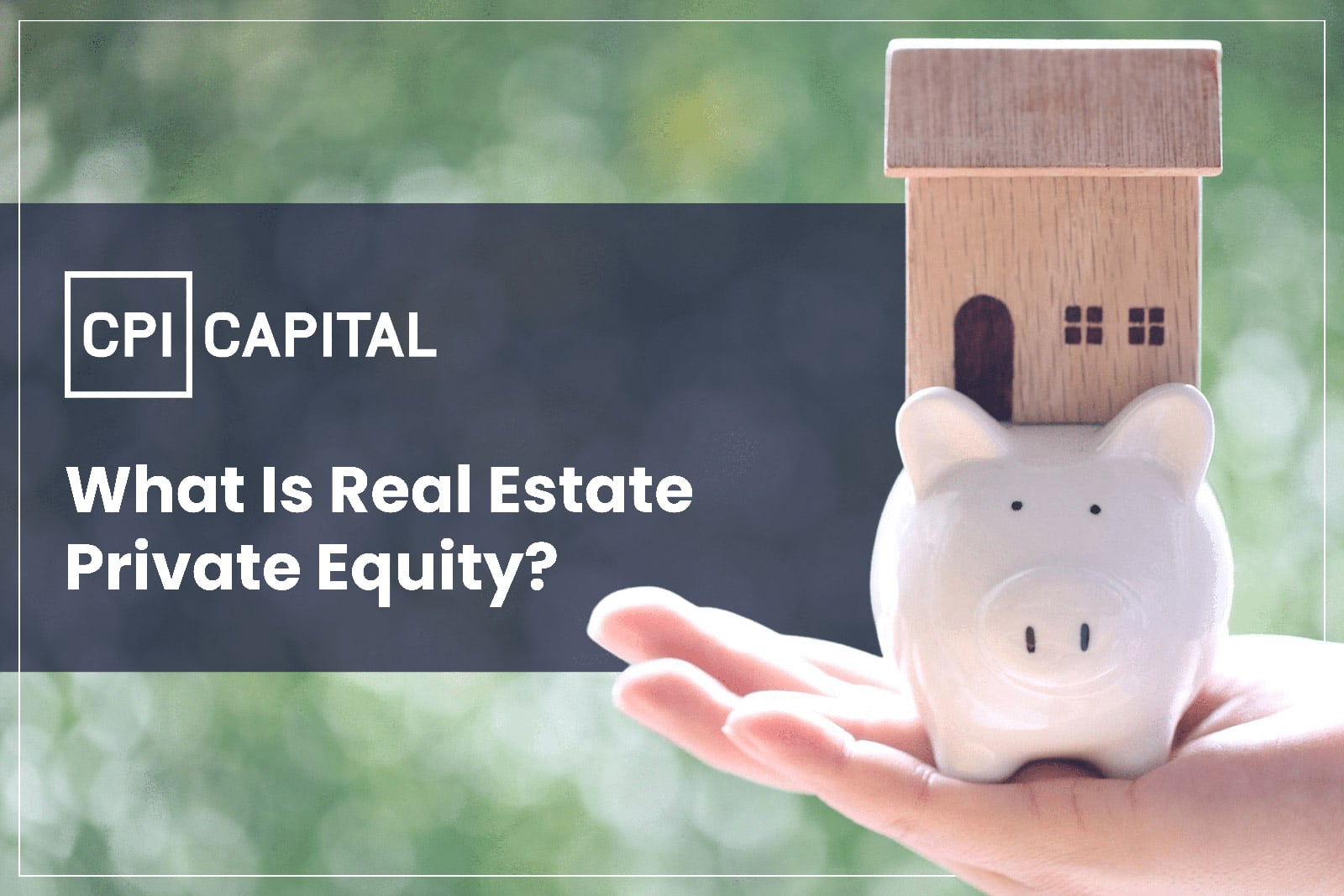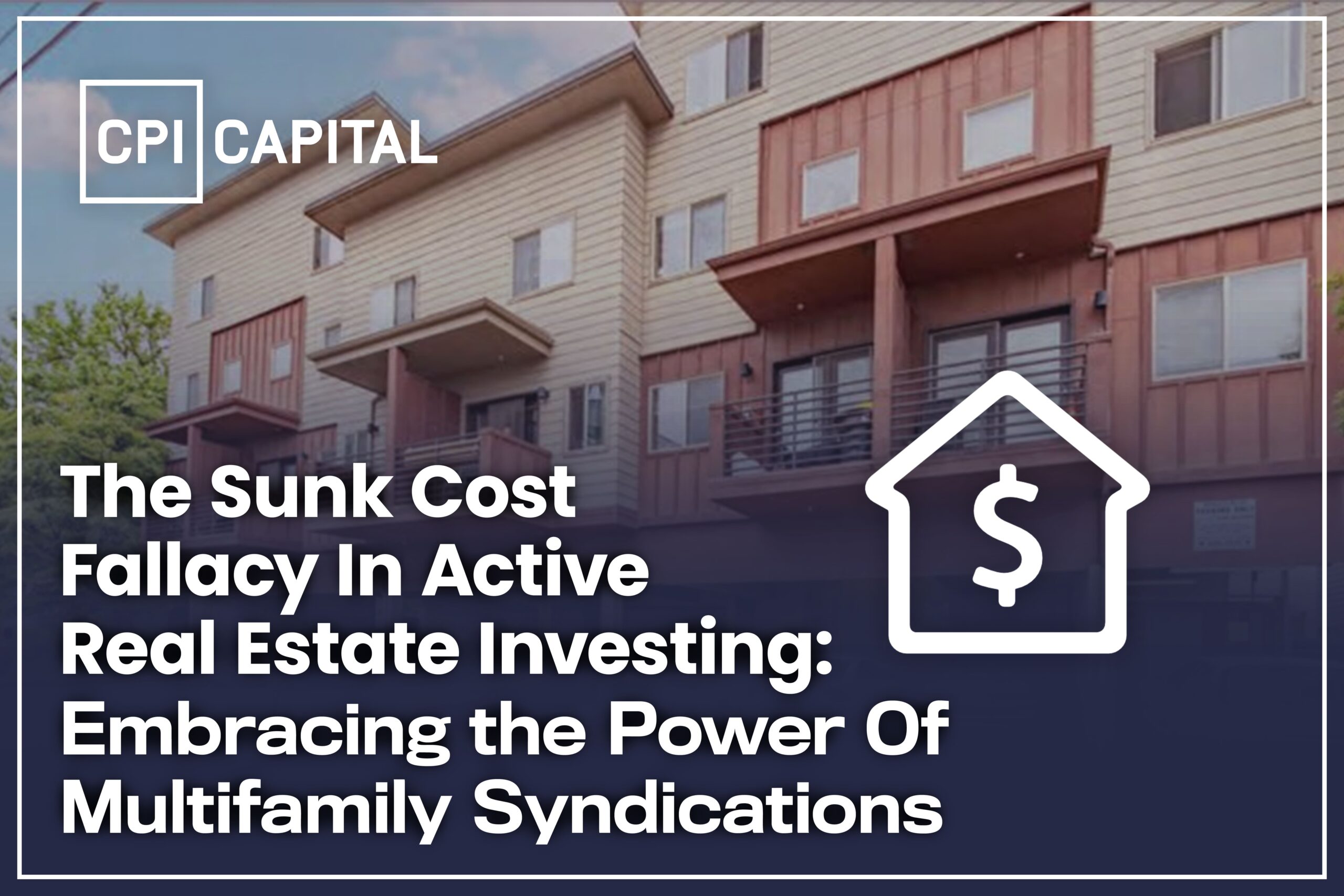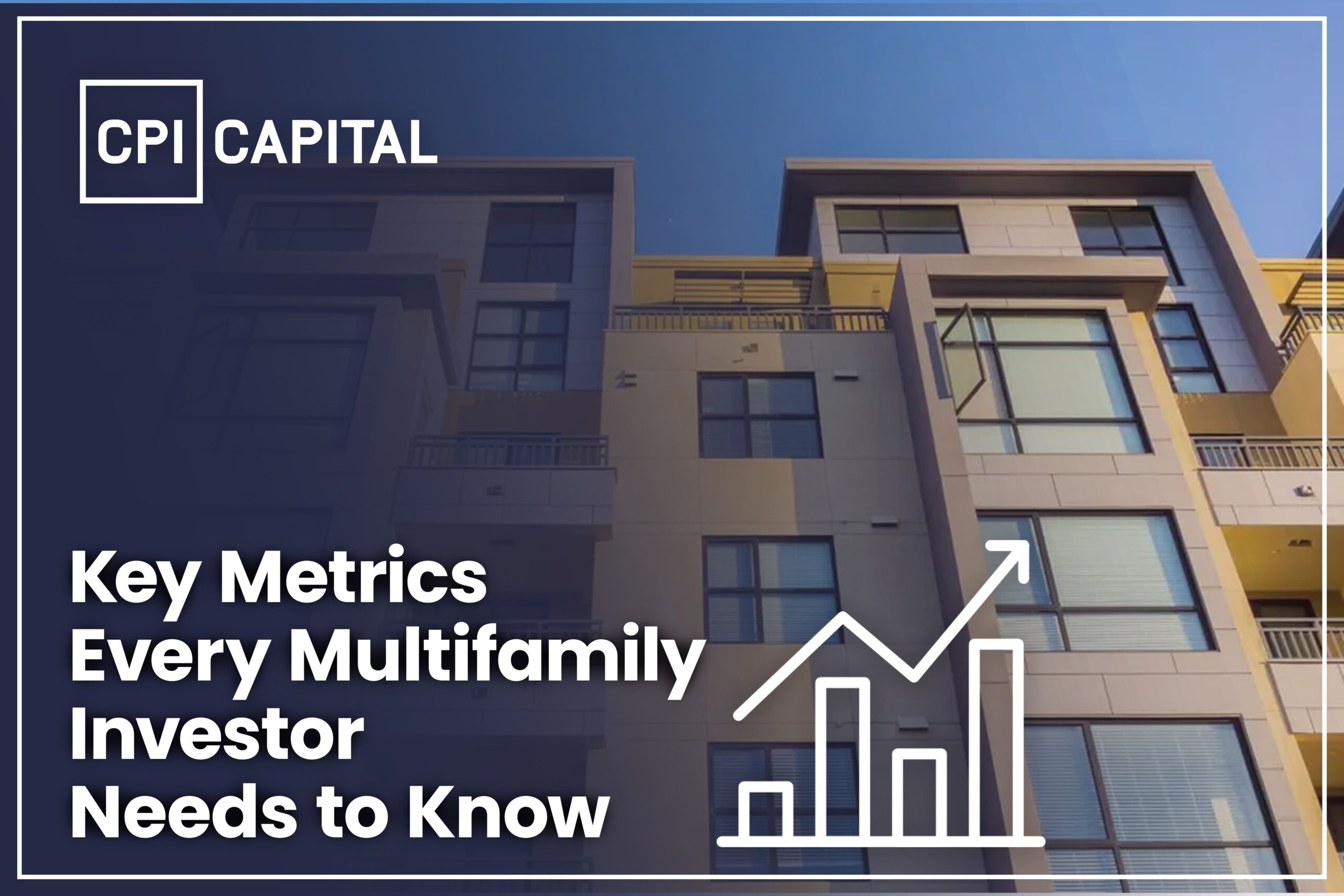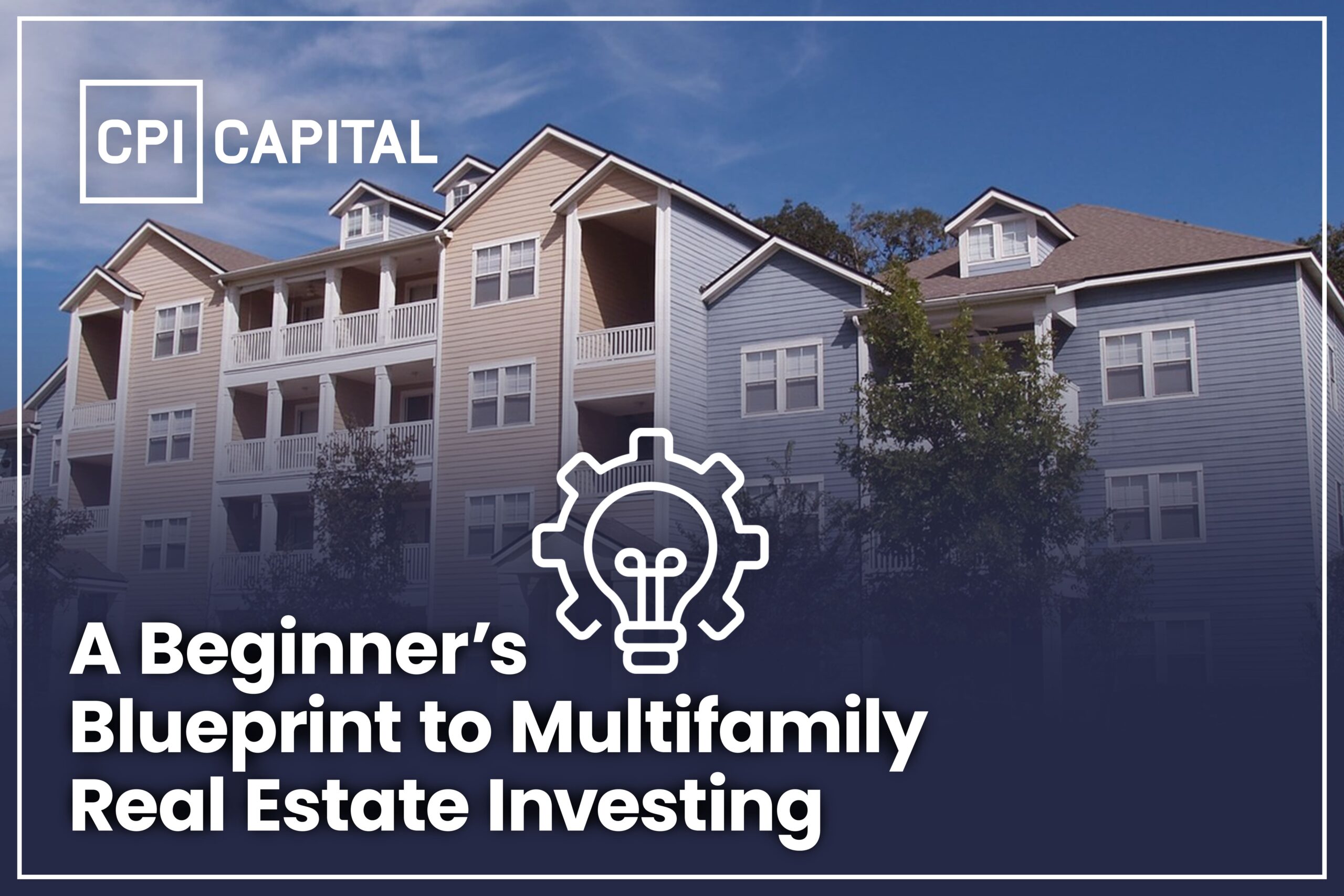
Dear CPI Capital newsletter subscriber,
As in any industry, there are terms used in real estate which may not mean much to non-industry participants. There are also instances where several terms which mean much the same thing tend to be interchanged and used depending on who the speaker or writer is.
Real Estate Syndication (“RES”), Real Estate Private Equity (“REPE”) or Private Equity Real Estate (“PERE”) are three terms in use which just about mean the same thing, but you may hear the former more often than the latter two.
Confused? Well, don’t be, let us do some explaining.
People often say that CPI Capital is involved in real estate syndication, namely acquiring property assets using monies derived from a multitude of investors in order to generate a return for such investors. Yes, this is true.
But we believe that REPE or PERE are more apt terms to help describe some of the things we do, namely working with private equity in five key real estate-related activities:
- capital raising from existing or already identified sources, seeking new investors. Such capital is the lifeblood of any fund as without it, there can be no investment!
- sourcing and screening investment opportunities
- acquiring or developing properties, creating business plans for the improvement and enhancement of such properties (“value-adding”);
- managing properties in an effective way to enhance income streams;
- selling properties at the appropriate time to secure the target returns for capital investors;
REPE/PERE fund structures
We undertake the aforementioned activities on behalf of REPE/PERE funds which operate through an investment mandate; such mandates establish rules and guidelines for the investment of monies raised and, in turn, is the set of guidelines for an investment manager’s decisions.
REPE/PERE funds will have some other common characteristics:
- they all have investors, usually called limited partners (“LP”) or those, whether private individuals or corporate entities, who invest their capital into a fund.
Such investors may include: public pension funds, private pension funds, endowments, insurance companies, fund of funds, and high net worth individuals; - then there is the general partner (“GP”), who acquires and manages the real estate assets in return for annual performance and management fees;
- the funds are generally structured as “closed-end funds”, funds which have a predetermined life set by the GP at the fund’s inception. Closed-end funds are usually “value-add” and “capital gains” focused, where the enhanced value of the assets on sale drive the target returns, rather than the income stream;
- they are relatively illiquid investments where there is a “lock-in period” of between 5 to 7 years on average;
- the acquisition and asset management teams are quite distinct, with the former seeking out and analyzing potential acquisitions, negotiating terms, then arranging finance, and convincing the decision-makers to invest. After purchase, the asset management team is responsible for carrying out the agreed business plan to improve the property’s operation and financial performance;
- it’s not unusual for REPE/PERE firms to partner with other firms who may have a particular specialization or sector knowledge; maybe a development company, another REPE/PERE firm or even a REIT, to make an investment in order to create synergy or economies of scale for the project in hand.
Going back to CPI Capital’s role: we help secure private equity from outside sources and, using our real estate knowledge and expertise, generate returns for such private equity investors… hence the funds we establish are Real Estate Private Equity or Private Equity Real Estate Funds.So, whilst you can say that we at CPI Capital do engage in real estate syndication, it seems to be more appropriate to describe our role as private equity investors in real estate. After all, syndication can be said to imply that all investors are active in the investment processes, whereas our investors are seeking “passive income not active participation”, leaving us to do the “heavy-lifting” and hard work on their behalf!
Yours sincerely,
– Ava Benesocky
CEO, Co-Founder CPI Capital
– August Biniaz
Chief Strategy Officer, Co-Founder CPI Capital

Ready to build true wealth for your family?
It all starts with passive income. Apply to join the CPI Capital Investor Club.
Search
Recommended

The Sunk Cost Fallacy In Active Real Estate Investing: Embracing The Power of Multifamily Syndications
Dear valued existing investors and future investors, Welcome to this week's CPI Capital's news...

Key Metrics Every Multifamily Investor Needs to Know
Dear valued existing investors and future investors, Welcome once again to this week’s CPI...

A Beginner’s Blueprint to Multifamily Real Estate Investing
Dear valued existing investors and future investors, Welcome once again to this week’s CPI...



